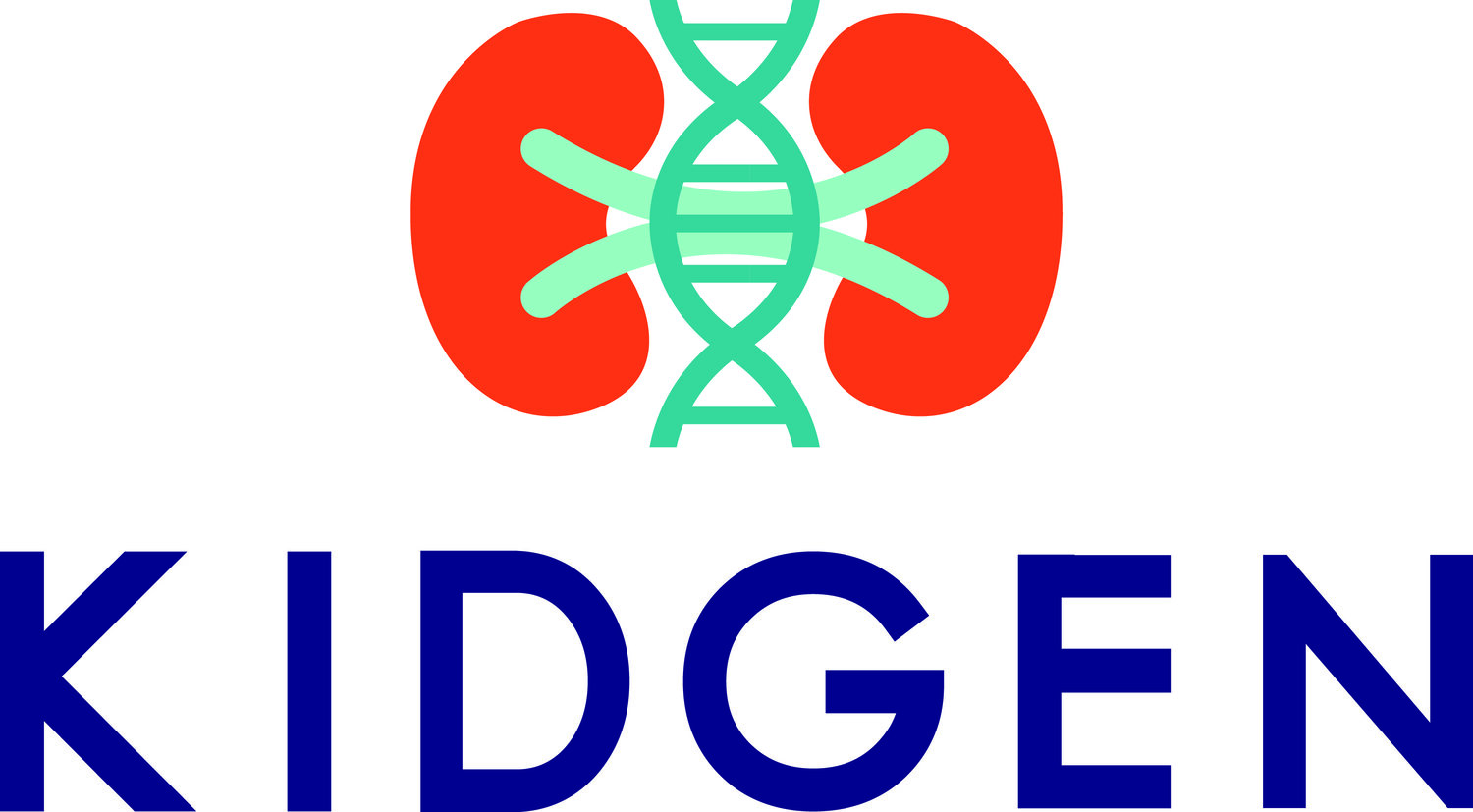In the Genomics 101 module you were introduced to the types of genetic and genomic tests available, ranging from simple genetic tests that examine a single gene of interest, or dedicated gene panels that probe multiple locations where several genes of interest reside, through to genomic tests that interrogate the whole exome or genome and apply virtual gene lists to prioritise the analysis. The Proteinuria and Kidneyome_SuperPanel gene lists on Panel App Australia are examples of virtual gene lists. Whilst chromosomal microarrays also analyse the whole genome, they only look for chromosomal changes that may increase or decrease whole regions of the chromosome, such as number of copies of an individual gene or multiple genes rather than identifying specific changes within the gene.
Test selection is influenced by both the phenotype and the resources available for genetic testing. WES is the preferred test of choice for many suspected genetic kidney diseases, as it is the most cost-effective way to interrogate the widest number of candidate genes. Single gene tests are often too narrow, and whole genome sequencing is generally too expensive, however, there are certain conditions where some of these other test types are more appropriate.
For example, CMA may be more appropriate when working up suspected renal cysts and diabetes syndrome (RCAD) or congenital anomalies of kidney and urinary tract (CAKUT) cases where multiple congenital anomalies may be present¹¹ whilst the diagnostic yield of WGS has been shown to be higher than WES when AD-PKD is suspected¹².
In Australia, the Medicare Benefits Schedule includes two dedicated item numbers for genomic testing in suspected cases of Alport syndrome. Item number 73298 can be used by specialists or consultant physicians when requesting tests for their patients, and item number 73299 can be used for cascade testing in first degree biological relatives¹³. All other genetic tests are usually self or locally funded as determined by institutional arrangements.
-
Gene variants in:
COL4A3, COL4A4, COL4A5
Patient has clinical and relevant family history strongly suggestive of Alport
-
In the following genes:
COL4A3, COL4A4, COL4A5
First degree biological relative of a patient who has had a pathogenic mutation in the genes above and has not utilised item number 73298 previously.


